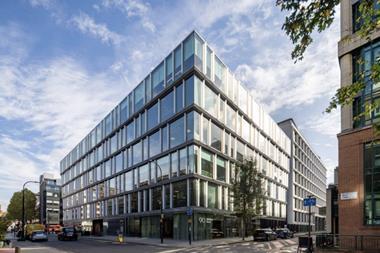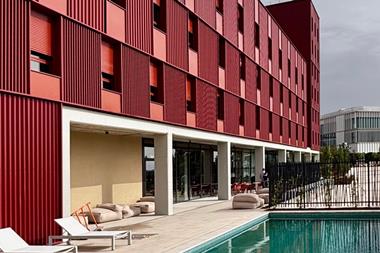GERMANY - Investors looking to guarantee stable and secure cash flows are driving up the cost of core properties, rather than considering development as an investment option, a new report has found.
The report by consultancy EC Harris also noted that investor interest in German property was biased towards retail, with 58% preferring the sector - more than double those in favour of the office sector, which came a distant second at 26%.
The company's German market trends report noted that many investors preferred the purchase of existing assets to forming joint ventures with a view to pursuing developments.
However, many reconsidered their view if the preferred asset type was new to the market.
Author Markus Reppenhagen, head of lenders and investors at EC Harris, further noted that investors that did consider a JV were "keen to keep their equity stake low", with an increase possible once the project was completed.
However, the report also noted a "bi-polarity" in the market, with investors branded "traditional" looking to existing assets over JV projects, which in turn drove up the price of core properties.
"The high demand for core assets has already led to a significant price increase in this segment," the report said.
"For the time being, it seems risk-averse investors still prefer to pay the premium for stable and secure cash flows instead of taking on slightly higher risks in secondary markets," it continued, noting that risk reduction was "of major importance" at the time of a renewed market downturn.
"Furthermore," the report said, "investors feel it is also important to invest today, as a reduction in development activity could shrink the supply of prime quality properties in the event of an economic downturn."
For nearly 40% of investors surveyed, the reason for investing in Germany was to balance against their "risky" international portfolio, while 29% said they were optimistic about asset performance in the market.
Of the quarter of investors still interested in office holdings, deals were largely confined to six markets, with Frankfurt and Munich attracting the most interest.
Distribution warehouses were preferred by 9% of respondents, coming ahead of both hotels and residential, but author Markus Reppenhagen, head of lenders and investors at EC Harris, said this was likely to be an anomaly.
According to the report: "Investment in distribution properties has been on the rise recently, though like retail these are one-off large projects in isolated distribution activity, which are not believed to be consistent enough to result in a trend of preference for industrial projects."












